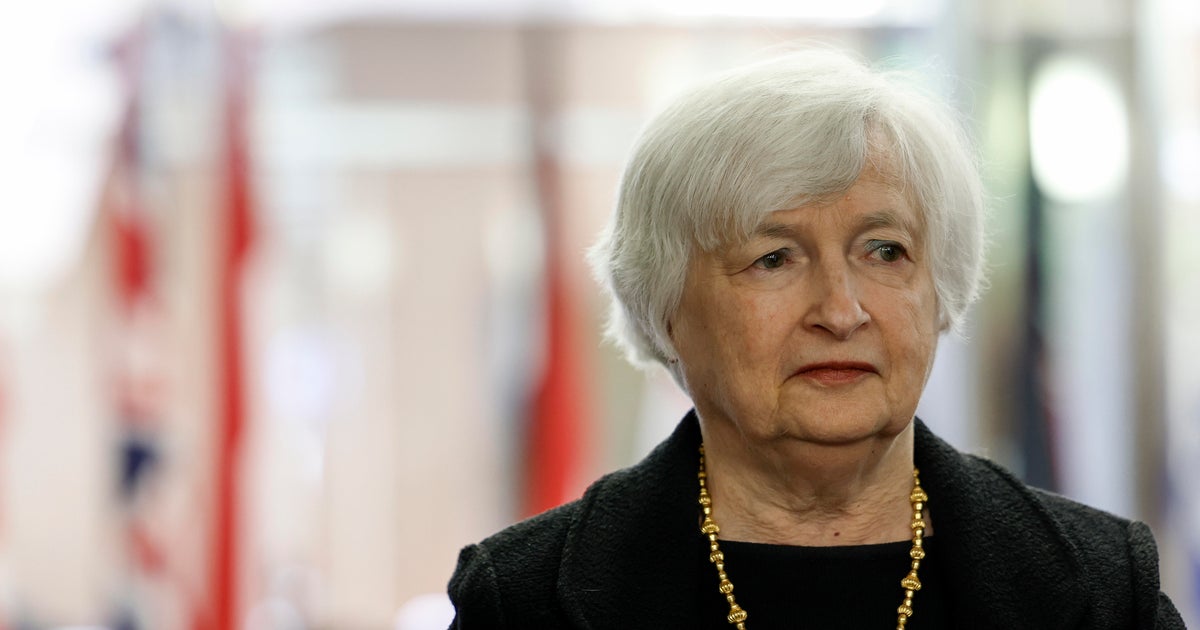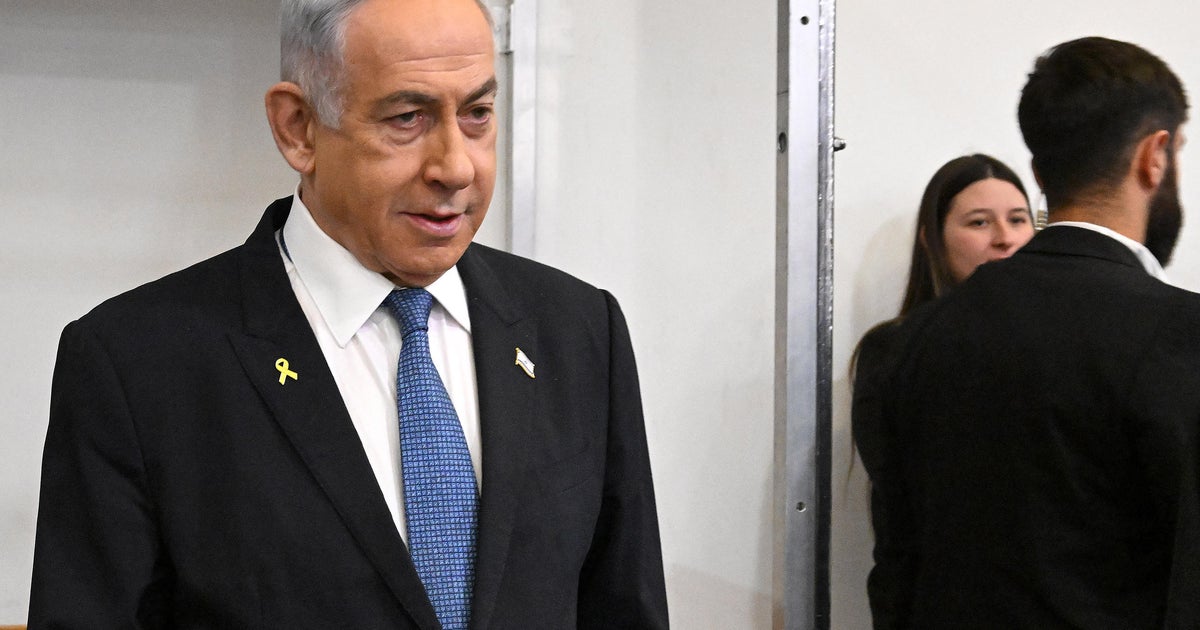Pompeo says it's "possible" Trump was sent to save the Jewish people from Iran
During his high-profile visit to Israel, Secretary of State Mike Pompeo said President Trump could be a present-day Queen Esther, a figure in Hebrew and Christian biblical stories who is said to have thwarted a plan to exterminate the Jewish people. Pompeo said Mr. Trump's tough stance on Iran gave him the distinction.
In an interview with the Christian Broadcasting Network (CBN) in Jerusalem on Thursday, Pompeo was asked whether Esther's efforts, as recounted by Hebrew biblical scrolls, to save the Jewish people approximately 2,500 years ago resembled Mr. Trump's strategy to isolate the Iranian regime — Israel's chief adversary.
"Could it be that President Trump right now has been sort of raised for such a time as this, just like Queen Esther, to help save the Jewish people from the Iranian menace?" CBN's Jerusalem bureau chief Chris Mitchell asked the secretary of state.
Smiling, Pompeo replied "as a Christian I certainly believe that's possible. It was remarkable. So we were down in the tunnels where we could see 3,000 years ago, and 2,000 years ago — if I have the history just right — to see the remarkable history of the faith in this place and the work that our administration's done to make sure that this democracy in the Middle East, that this Jewish state remains."
"I am confident that the Lord is at work here," he added.
Before his question, Mitchell reminded Pompeo that the story of Esther's triumph is the basis for the celebration of Purim, a holiday which commemorates the saving of the Jewish people. This year, it started at sundown Wednesday and lasted until sundown Thursday.
Since Mr. Trump was sworn in, his administration has employed aggressive rhetoric towards the government in Tehran. In May 2018, Mr. Trump withdrew the U.S. from the Joint Comprehensive Plan of Action, known as the "Iran deal," brokered by the Obama administration, calling it "a horrible one-sided deal." The agreement, which America's European allies are still abiding by, is designed to make sure Iran eliminates its medium-enriched uranium stockpile in exchange for the lifting of economic sanctions.
Like other administrations, the Trump administration has also sought to curtail Iran's influence in the Middle East, particularly in Yemen and Syria, by targeting Tehran-backed groups like Hezbollah and the Houthi rebels.
Pompeo's comments came during a visit to Israel in which he sought to bolster ties with the longtime U.S. ally and mount more pressure on Iran. His trip also served as distraction for prime minister Benjamin Netanyahu, who was eager to distance himself from corruption allegations and highlight his strong relationship with the Trump administration before he faces what could arguably be his toughest election on April 9.
Pompeo's visit seemed to have produced fruitful results for Netanyahu. On Thursday, departing from decades of American foreign policy under both Republican and Democratic administrations, Mr. Trump suggested that his administration could recognize Israel's sovereignty over the Golan Heights — a territory that has been disputed for decades.
For weeks, Netanyahu and Republicans in Congress had been lobbying the White House to make the announcement, which will likely cast new spotlight on the small sliver of land in the Levant, which has been a focal point of the Israeli-Palestinian conflict — and elusive international efforts to resolve it — since Israel seized the region from Syria during the Six Day War in 1967.




